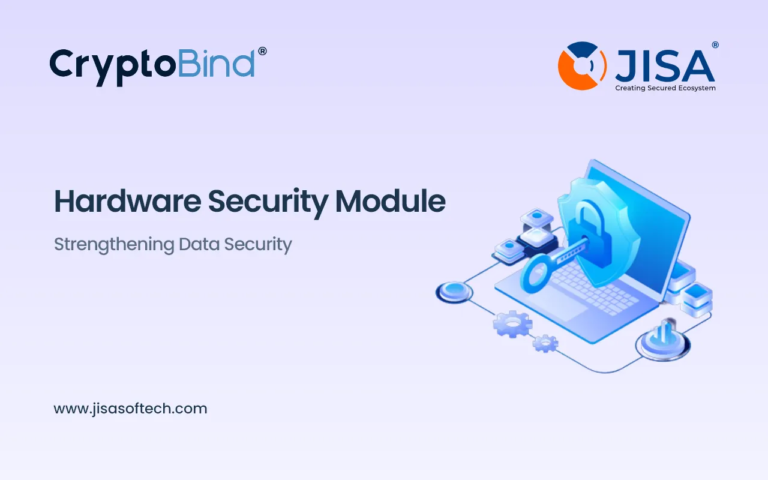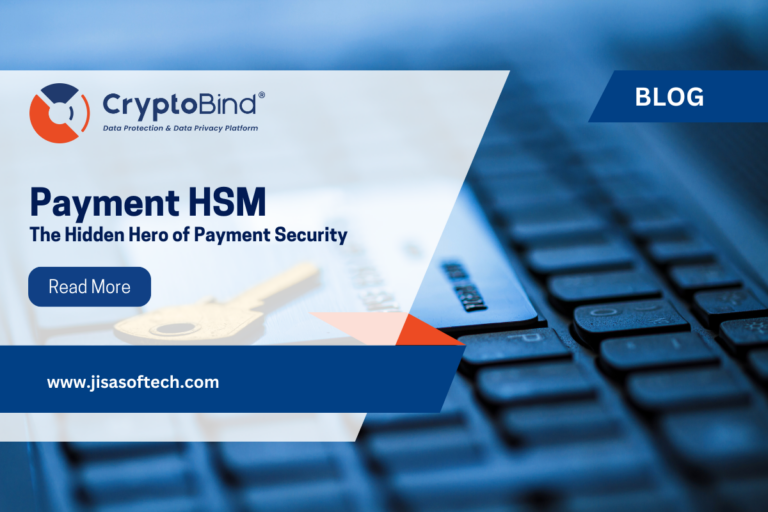Top Benefits of Implementing a Cloud HSM for Enterprise Security
As enterprises continue to navigate the complexities of safeguarding sensitive data, the need for robust encryption and key management solutions has never been more critical. A Cloud Hardware Security Module (HSM) offers a modern approach to enterprise security by combining high-level encryption capabilities with the flexibility and scalability of cloud infrastructure. Here’s a closer look at what Cloud HSM is and the key benefits it brings to organizations.
What is Cloud HSM?
A Hardware Security Module (HSM) is a specialized physical device used to manage and store encryption keys securely. It plays a vital role in securing data and performing cryptographic operations, such as encryption, decryption, authentication, and digital signing. Traditionally, HSMs are deployed on-premises as physical devices, but with the advancement of cloud technologies, HSMs can now be hosted in the cloud or offered as a service.
Cloud HSM provides all the security benefits of traditional HSMs while being hosted in the cloud, making it an ideal solution for enterprises looking to enhance security without the burden of managing physical hardware.
Key Benefits of Cloud HSM for Enterprises
- Cost-Effective Security
One of the most significant advantages of Cloud HSM is its cost-effectiveness. On-premises HSMs require substantial capital expenditure (CapEx) for purchasing, setting up, and maintaining the hardware. With Cloud HSM, organizations can shift to an operational expenditure (OpEx) model, paying only for the resources they use. This eliminates the need for large upfront investments, making it accessible to enterprises of all sizes.
Additionally, the pay-as-you-go pricing model allows businesses to scale their cryptographic operations up or down based on their needs, optimizing costs further.
- Scalability and Flexibility
Cloud HSM offers unmatched scalability. Enterprises can quickly adjust their cryptographic capacity to meet evolving demands without worrying about hardware limitations. Whether you need to ramp up during peak seasons or scale down during quieter periods, Cloud HSM provides the flexibility to adapt to changing business requirements seamlessly.
This dynamic scalability is particularly beneficial for growing enterprises, enabling them to expand their security infrastructure as needed without the delays associated with deploying new hardware.
- Enhanced Security and Compliance
While cloud services may raise concerns about security, Cloud HSM offers strong encryption capabilities and robust physical protection. Cloud HSM providers often comply with stringent security standards such as FIPS 140-2, FIPS 140-3, PCI-DSS, and Common Criteria EAL4+. These certifications ensure that the highest level of security is maintained for cryptographic operations.
Moreover, Cloud HSMs provide enhanced physical security measures, including tamper-resistant designs and access control mechanisms, ensuring that cryptographic keys remain secure even in the event of an attempted breach.
- Reduced Operational Overhead
Managing on-premises HSMs can be resource-intensive, requiring dedicated IT staff for maintenance, updates, and security patches. With Cloud HSM, the service provider manages all aspects of the hardware, from deployment to regular security updates. This reduces the operational burden on internal teams, allowing them to focus on core business activities rather than cryptographic management.
The simplified administration of Cloud HSMs through web interfaces or APIs also makes it easier for enterprises to automate and streamline their encryption operations.
- High Availability and Disaster Recovery
Cloud HSMs are designed with high availability in mind, ensuring that critical applications remain operational even in the event of hardware failure. By leveraging geographically distributed data centers, Cloud HSM services provide redundancy and failover capabilities, minimizing downtime and ensuring that encryption services are always accessible.
In addition, Cloud HSMs offer robust disaster recovery features. Should an unforeseen event occur, enterprises can quickly restore their cryptographic operations and data without significant interruptions, ensuring business continuity.
- Seamless Integration with Cloud Services
As more organizations move their operations to the cloud, having a security solution that integrates seamlessly with other cloud services is essential. Cloud HSM can be easily integrated into multi-cloud and hybrid cloud environments, allowing enterprises to maintain a unified security posture across different platforms. This ensures that cryptographic operations are consistent and secure, regardless of where the data resides.
- Remote Access and Global Management
One of the standout features of Cloud HSM is its remote accessibility. Enterprises can manage and control their cryptographic operations from anywhere in the world, providing flexibility for geographically dispersed teams. This global accessibility is particularly valuable for organizations with a distributed workforce or those operating in multiple regions, enabling centralized management of encryption keys and security policies.
Conclusion
For organizations seeking to protect sensitive information and meet regulatory requirements, Cloud HSM is a strategic investment that delivers flexibility, operational efficiency, and peace of mind.
Experience scalable, cost-effective, and FIPS 140-3 Level 3 compliant security, tailored for your enterprise. Protect your digital assets with ease and efficiency. Contact us today to learn how CryptoBind Cloud HSM can elevate your security infrastructure!







